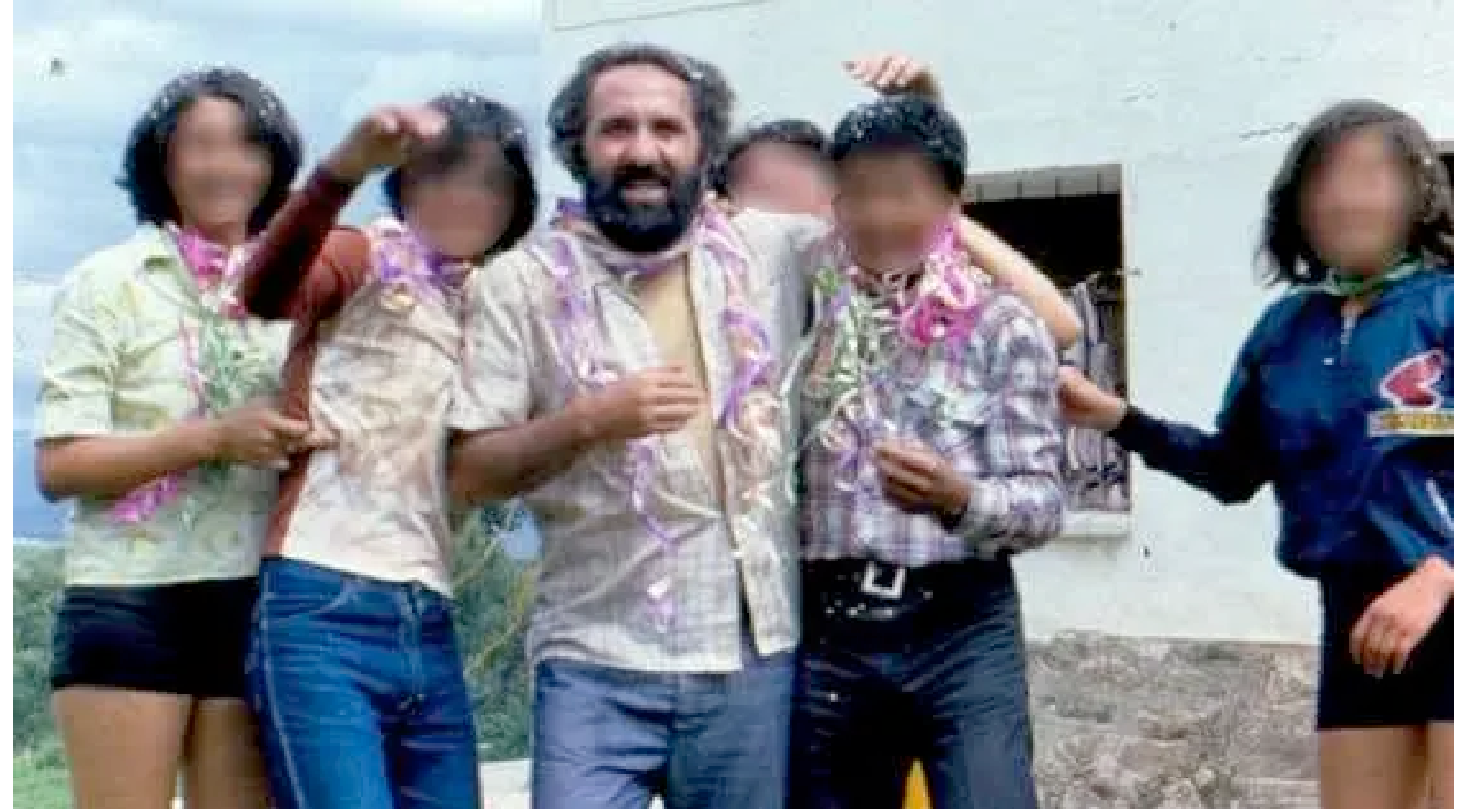By ZENIT Staff
Copyright zenit

(ZENIT News / La Paz, 09.09.2025).- A Bolivian court has handed down prison sentences to two former Jesuit provincials for concealing decades of sexual abuse committed by one of their own, in a case that has shaken the Society of Jesus far beyond the Andes.
On September 2, 2025, Fathers Marcos Recolons and Ramón Alaix were each sentenced to one year in prison for covering up the crimes of the late Jesuit Alfonso “Padre Pica” Pedrajas, who admitted in his private diary to abusing at least 85 minors during his ministry in Bolivia. Pedrajas, who died in 2009, had spent much of his career working with vulnerable children in Jesuit schools, often those from poor rural families.
The court found that Recolons and Alaix, who led the Bolivian Jesuit province between 1993 and 2007, were informed directly of Pedrajas’s predatory behavior, sometimes by victims themselves, yet failed to notify authorities or take steps to protect minors. Prosecutors argued that in several cases they pressured survivors to remain silent. Despite the convictions, the two men are unlikely to serve jail time due to Bolivia’s automatic commutation for sentences under three years.
The trial presented testimony from 18 victims, 34 witnesses, and more than 20 internal Jesuit documents seized in 2023, which prosecutors said proved that superiors systematically shielded Pedrajas and other accused clerics. Investigators traced letters and reports as far as the Jesuit headquarters in Rome, where superiors were informed of complaints but allowed the priest to continue in ministry.
The scandal first erupted in April 2023, when Spanish newspaper «El País» revealed the existence of Pedrajas’s diary—an unsettling 50-year chronicle of serial abuse, self-justification, and complicity from fellow Jesuits. In its pages, the priest described his assaults as “acts of repression” while recording how superiors advised him to omit his crimes from confession, promised he “would not suffer consequences,” and in one case, temporarily sent him to work in a mining camp as punishment.
Rather than being sidelined, Pedrajas was eventually named novice master, entrusted with guiding young men entering the Society. His diary, later passed by a former partner to relatives in Madrid, portrays a chilling duality: a priest tormented by guilt and shame, yet persistent in his abuse, convinced that his “need for affection” justified predatory acts.
The revelations have touched the highest levels of the Jesuit order. Recolons, one of those convicted in Bolivia, later served as a general counselor in Rome under the Superior General, Peter-Hans Kolvenbach. Documents unearthed by investigators show correspondence between Bolivian provincials and Jesuit leadership in Rome, including justifications for reassigning accused priests.
For survivors, the trial is a partial vindication after decades of silence. One victim testified that reporting Pedrajas’s abuse to provincial leaders led not to justice but to pressure to stay quiet. “They were minors,” the prosecutor told the court, “and those responsible for their care chose to protect the institution instead.”
The case resonates with painful echoes of other global scandals, from Boston to Chile or Mexico, revealing not only the persistence of clerical abuse but the enduring culture of concealment that allowed it to thrive. What sets the Pedrajas affair apart is the priest’s own written record: a firsthand account of predation tolerated, redirected, and at times enabled by superiors.
As Bolivia reckons with its first criminal conviction of Jesuit leaders for abuse cover-up, the question lingers: how much did Rome know, and how deeply did this network of silence extend across the Society?
The diary of “Padre Pica” offers few answers, but one certainty: the cost of decades of negligence will continue to be borne by survivors whose cries were ignored.
Thank you for reading our content. If you would like to receive ZENIT’s daily e-mail news, you can subscribe for free through this link.



